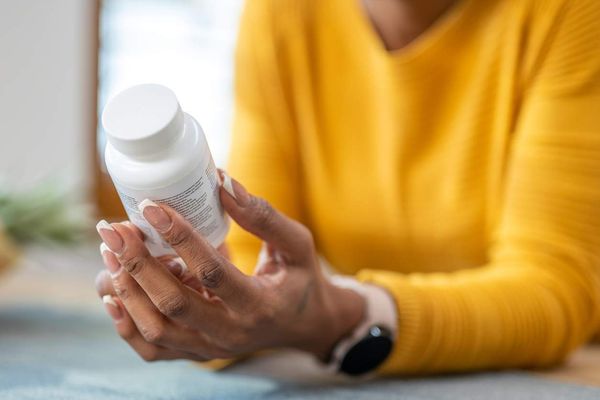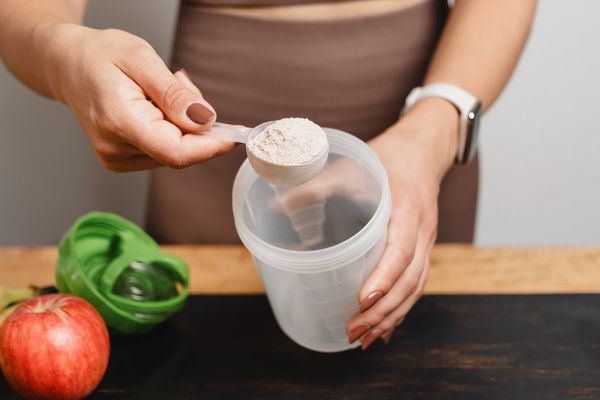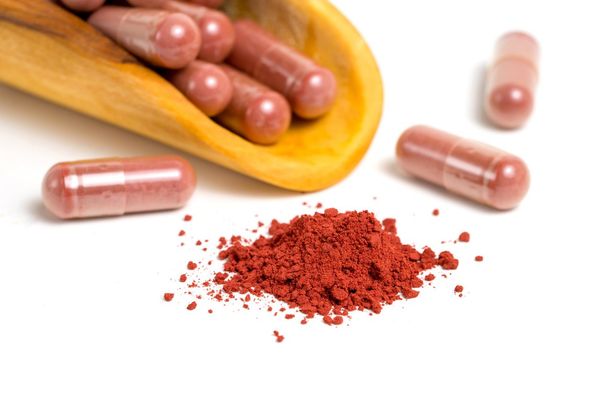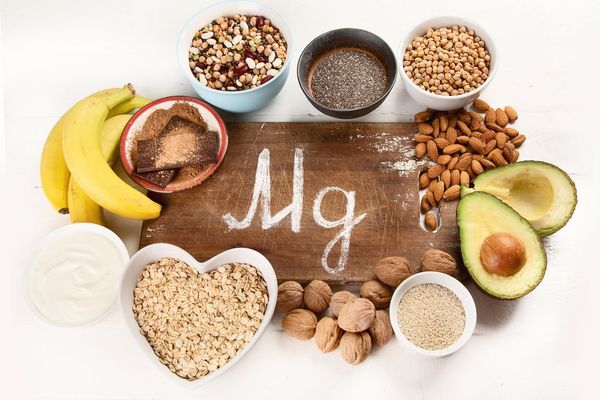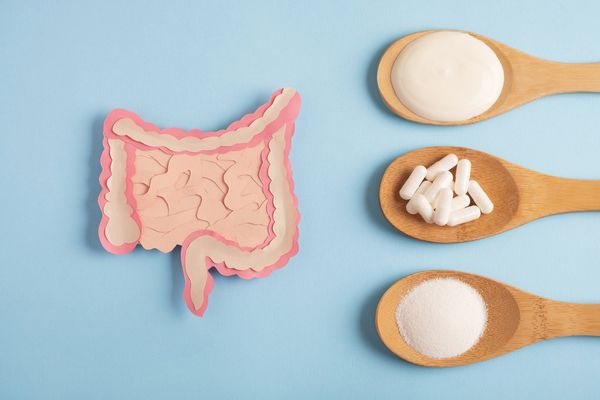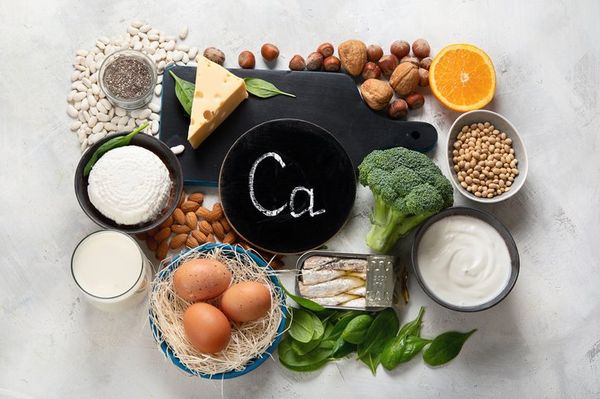Think you're getting enough nutrients from the food you eat? Think again. While most Americans think they are getting enough nutrients from the foods they eat, they are actually not getting the recommended amount of vitamins through diet alone. The USDA's Healthy Eating Index reports that 90 percent of American diets score "poor" or "needs improvement" when rated for nutrient intake.
So why is it so important to get the recommended amount of nutrients every day? Vitamins and minerals work together to support health and daily functions of the body. They help convert food into energy, keep cells healthy, and support the immune system. Vitamins and minerals also help your body use the proteins, carbohydrates, and fats in your diet.
Let's face it—getting the vitamins and minerals you need everyday can be difficult and confusing. If you are not sure you are getting the nutrients you need, taking a multivitamin every day can be a smart choice. According to the American Academy of Family Physicians, your health care practitioner may recommend a vitamin supplement if you:
- have certain health problems
- eat a vegetarian or vegan diet
- are pregnant or breastfeeding
Here are some of the ways that multivitamins can benefit health:
- Maintain immunity. Poor nutrition is an open invitation to poor health. Research suggests that when people are not getting recommended levels of the vitamins and minerals their bodies need, they may be at greater risk of developing certain health issues. Studies suggest taking a daily multivitamin may support immune function.
- Help maintain a healthy heart. Multivitamins can play an important role in supporting heart health. There is general scientific agreement that elevated blood total and LDL (bad) cholesterol are some of the major risk factors for heart disease. Unfortunately, 105 million Americans have high cholesterol and finding ways to reduce cholesterol can be a daunting task. Along with a healthy diet and lifestyle, look for a multivitamin that contains phytosterols, which can help lower LDL cholesterol.*
- Benefit from nutrients with antioxidant power. Some evidence indicates that people who eat large amounts of fruits and vegetables may benefit from antioxidants found in these foods. Antioxidants such as beta-carotene, lycopene, and vitamins C and E, which are also found in many daily multivitamins, are substances that help protect cells from the damage caused by unstable molecules known as free radicals.
- Help pregnancy. Pregnant women have been advised for years that adequate folic acid, when taken during childbearing years, along with a healthful diet, may decrease the risk of having a child with a brain or spinal cord defect.
- Strengthen bones. While calcium is critical for healthy bones, recent studies confirm that vitamin D is also important for building bone strength and health and reducing the risk of fracture in women with osteoporosis. It is difficult to get this nutrient through diet alone. Vitamin D is produced in the skin following direct exposure to sunlight and is found in some foods, including eggs, fish, fortified milk and juice, and cod liver oil. But necessary use of sunscreen, weak winter sunlight and poor skin absorption all work against this vital nutrient. And while vitamin D is added to milk, many people don't drink enough to benefit. Taking a multivitamin with vitamin D, combined with adequate calcium and a nutritional diet, can help reduce your risk of osteoporosis. can help. The Institute of Medicine of the National Academy of Sciences recommends 600 international units (IUs) daily for everyone to age 71 and 800 IUs for those age 71 and older. If you are at risk for vitamin D deficiency, some experts you take as much as 1,000 IUs daily. Those at risk include the elderly, people with dark skin, anyone who is housebound and vegetarians. Vitamin D can be toxic in high doses.
* Foods or dietary supplements containing at least 400 mg per serving of free phytosterols taken twice a day with meals for a daily total intake of at least 800 mg, as part of a diet low in saturated fat and cholesterol, may reduce the risk of heart disease.
Factors to Consider When Choosing a Multivitamin
- There are many factors to consider when choosing a multivitamin. Different brands have different levels of ingredients—some more and some less—with varying formulations that can affect how well essential vitamins and minerals are absorbed in the body.
- When certain nutrients are paired together properly—such as vitamin D paired with calcium for bone health—you can get more out of your multivitamin.
- Newly available complete adult daily multivitamins have been reformulated based on the latest recommendations from the National Academy of Sciences' Institute of Medicine, along with other scientific sources, to provide better balanced combinations of key nutrients.


